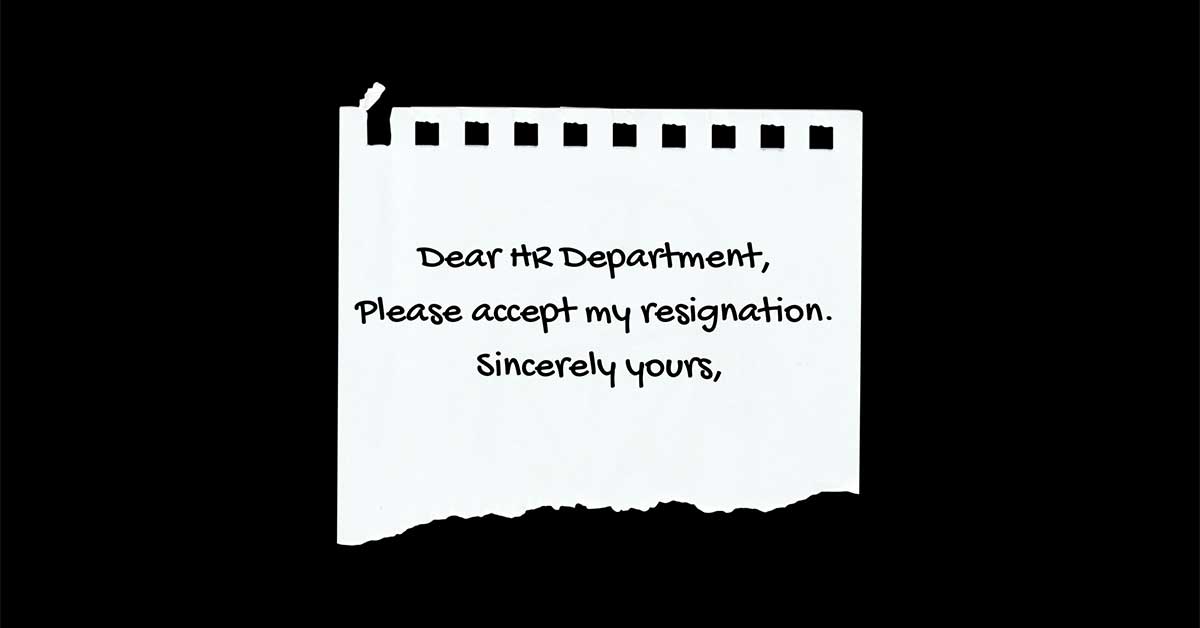This is probably just an opportunity to vent and perhaps it will fall on deaf ears, but I want to encourage the ongoing use of manners in the workplace.
I know that people get busy and that people have different values around the use of the words like ‘please’, ‘thank you’ and ‘I promise’, but I believe there are some fundamentals which must be demonstrated by leaders today. Quite simply, if you say ‘I will get back to you’, show common courtesy and actually do what you say!
Undoubtedly the workplace environment has changed rather dramatically in the past 50 years and continues to do so at pace. Technological advancement, hybrid work teams, matrix management structures have placed layers of complexity on an organisation which were previously inconceivable – let alone the challenges of operating and competing in business. Yet, some things have not changed at all and basic manners are part and parcel of building a successful culture that delivers inspirational leadership and shared accountability.
Social connectivity may be partly shaped by social media but in reality solid, ‘old-fashioned’ relationships are an essential element of workplace communications and leadership. Simple courtesies are how people feel valued and experience personal fulfilment, and they form part of the emotional needs for all generations.
Compassionate leadership is essential to building inspired and productive work teams, where leaders demonstrate respect for their people possessing the ability to put their needs first in order to create real trust and loyalty. However, what of the seemingly increasingly detracting behaviours in the workplace from some leaders? Being late to meetings, leaving meetings early, not saying ‘hello’ to people, keeping phones on during meetings (in full view of others), interrupting without listening to other points of view, not saying thank you, being under-prepared for meetings and making last minute cancellations – these are all stoking the flames for de-motivation and resentment that ultimately reveals itself as low morale and poor productivity.
In her research of 5,600 employees at 77 Australian companies, Dr Christina Boedker of the Australian School of Business found that a critical part of lifting workplace productivity is having a great boss. Her findings showed that great bosses are those who enable workers at all levels of organisational hierarchies to lead change and be the best they possibly can. Notably she found that it is the interpersonal and motivational skills of bosses that prompt staff to exercise discretionary effort.
Simple gestures count. Etiquette must not be forgotten. Good leaders understand these points and make small but significant gestures to let others know they are valued. They stay around for the answer when they ask ‘how are you’, they make eye contact, they smile, they say ‘hello’ and they do not make others feel as though they are too busy to take time to listen.
My issues are probably more so from the perspective of being an external provider as I can’t tell you how many times we have been asked to develop a proposal responding to a challenge or issue. The request more often than not comes from a member of the executive team – individuals equipped to provide a brief, review the response and make a recommendation to their peers regarding acceptance or otherwise of the proposal.
Responding quickly is important in our business as we will allocate time, review available documentation and prioritise the development of the proposal to ensure it reaches the audience as soon as possible (therefore enabling a decision). Once the proposal is made into its final PDF, it is sent off via email with an encouragement to call if any clarification is required and…? Are those crickets I hear? Not a ‘thank you for the proposal’, not a ‘this is interesting but not quite right’, not a ‘thanks but no thanks’ and not a ‘this is spot on, when do we get started?’ Nothing.
We don’t expect to be successful with every proposal, so getting a ‘thanks but no thanks’ is OK, but getting nothing at all – well to be honest, I think that is just rude.
Basic manners are to acknowledge when someone has done something for you at your request. A courteous reply would be a ‘thank you’ – eight letters which takes less than two seconds to type, but for some people it seems too difficult. (In our case, even when the initial proposal is followed up once, perhaps twice and still the only sound is… crickets).
Our leaders need to demonstrate the behaviour they expect in their teams and culture; if they are too busy to say thank you, then where does that leave us? We often hear about how the schooling system is failing our children with the basic three R’s and how parents need more support than ever to bring up children. Well, let’s not forget about our business leaders – using simple manners goes a long way.
Seniority does not provide an opportunity to forget the basics or be dismissive towards others. In fact, the opposite should be true. If you want people to follow you then you need to inspire others by demonstrating compassion to the people around you. Treat others as you would like to be treated, practice open and transparent communication, be open to two-way discussion and dialogue (including constructive criticism) and make time for others, in spite of the relentless pressures faced across the leadership spectrum.
Please take the time to reflect on this article.
Thank you.



